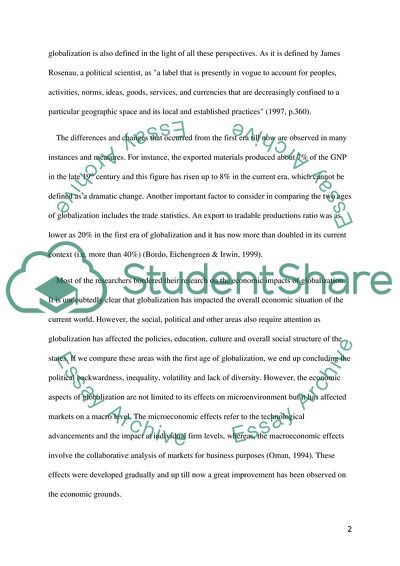Cite this document
(Globalization Past and Present - A Review of Pros and Cons Essay - 8, n.d.)
Globalization Past and Present - A Review of Pros and Cons Essay - 8. https://studentshare.org/macro-microeconomics/1740402-international-business
Globalization Past and Present - A Review of Pros and Cons Essay - 8. https://studentshare.org/macro-microeconomics/1740402-international-business
(Globalization Past and Present - A Review of Pros and Cons Essay - 8)
Globalization Past and Present - A Review of Pros and Cons Essay - 8. https://studentshare.org/macro-microeconomics/1740402-international-business.
Globalization Past and Present - A Review of Pros and Cons Essay - 8. https://studentshare.org/macro-microeconomics/1740402-international-business.
“Globalization Past and Present - A Review of Pros and Cons Essay - 8”. https://studentshare.org/macro-microeconomics/1740402-international-business.


